The prosecution in the Kyle Rittenhouse case has worked hard to create the myth that Rittenhouse was illegally carrying a rifle; that his defense is a loophole which applies only to hunting. An examination of the legislative history of the law shows the prosecution is in error.
The statute, 948.60 is at the crux of the matter. While the title seems clear: “Possession of a dangerous weapon by a person under 18.”; the first section of the law explains the law does not apply to all weapons, but only certain, specific weapons which are defined in the law.
Most weapons are excluded from the definition. The law only regulates the possession of concealable weapons, and not all concealable weapons.
All weapons are “dangerous” or they are not considered weapons. The law only applies to the weapons listed. Knives are not included in the law. Bows and arrows are not included. Crossbows are not included. Blowguns are not included. Clubs are not included. Only concealable firearms are included.
Rifles and shotguns are excluded from the “any firearm, loaded or unloaded” by the exception in 3(c), except for short-barreled rifles and shotguns, which are unusual and concealable. That has been the case in Wisconsin law since 1878. It is not a recent change, nor has it been limited to hunting.
The legislative history of the law makes clear how this language evolved.
Wisconsin first restricted the carry of concealed weapons in 1872.
Wisconsin has had a long yet somewhat erratic tradition of gun ownership and use, whether for hunting, sport, or security. The state’s early settlers openly carried weapons as tools for sustenance and survival. Conversely, many other people condemned concealed weapons as tools of cowards and impulsive criminals, leading to their ban in Wisconsin in 1872.
The law only applied to certain weapons and excluded people who were carrying for self defense; in 1878 it was extended to all concealed weapons, without the self-defense exception, although the exception for “peace officers” was rather broad.
Wisconsin has a long history of treating concealed weapons differently from weapons which are not concealed. The theory has been that weapons which are carried openly are less of a threat. If people wish to avoid an armed person who is carrying openly, they can do so. ADA Binger was trying to make a different point when he acknowledged this in the Rittenhouse hearing on 17 September, 2021:
..it is designed to deter people. It is designed to threaten others; to let them know, don’t mess with me, look what I’ve got.
In 1955, the law was codified in Wisconsin as statute section 941.23. In the same year, Wisconsin passed the precursor of the current age restriction statute (948.60), statute section 941.22. The statute prohibited people under the age of 18 from possessing pistols, defined as any firearm with a barrel length less than 12 inches. In other words, concealable firearms.
There was an exception for pistols provided by parents for supervised target shooting.
In 1984, the legislature restricted unsupervised possession of all firearms outside of family owned land and unsupervised hunting outside of family land, by graduated age restrictions of persons under 16 years of age. Statute 29.227 restricted hunting and “possession and control” of firearms as separate issues.
1n 1987, the legislature expanded the restrictions on the possession of concealable weapons by those under 18, incorporating the previous law, 941.22, into the new designation of the current 948.60. It maintained the definition of firearms which are prohibited to people under the age of 18 as “any firearm having a barrel length of 12 inches or less, and added a list of unusual concealable weapons.
In 1991, the legislature moved the wording for concealable firearms from the definition to an exception which shows firearms which are not concealable are not included in the dangerous weapon definition. The age restriction scheme created in 1984 continued to apply. The “any firearm with a barrel less than 12 inches” definition was retained.
The moving of the language from the definition to an exception created a strange anomaly in the law. Short barreled rifles and shotguns are strictly regulated under both state and federal law. Rifles are considered short-barreled if the barrel is less than 16 inches. Shotguns are considered short barreled if the barrel is less than 18 inches. The exception in 948.60 appears to create an exception for persons under the age of 18; they can possess short barreled rifles and shotguns if the barrel is longer than 12 inches.
In 1998, Wisconsin added the constitutional amendment protecting the right to keep and bear arms. The amendment makes clear the purposes of bearing arms include security and defense:
The people have the right to keep and bear arms for security, defense, hunting, recreation or any other lawful purpose.
In 2005, as legal short barreled rifles and shotguns became increasingly popular, the legislature clarified 948.60. The exception is changed from firearms which have a barrel length more than 12 inches, to rifles and shotguns which are not short barreled rifles and shotguns. The age restriction scheme for persons under the age of 16 remains in place.
The thrust of the law remains unchanged. Concealable firearms are included in the definition of what are considered dangerous weapons for people under the age of 18. People from 16 to 18 can possess and use (carry) rifles and shotguns, as long as they are not concealable. From age 18 to 21, people can openly carry concealable firearms as well as rifles and shotguns. Age 21 and older, people can obtain a permit to carry weapons concealed.
There is no “hunting loophole” in the law. The law merely continues the long tradition in Wisconsin law of prohibiting people under the age of 18 from possessing certain concealable weapons. It maintains the age restriction scheme for openly carried firearms put in place in 1984, which only restricts people under the age of 16.











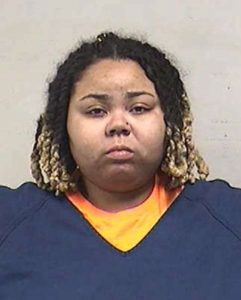





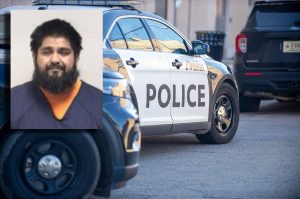
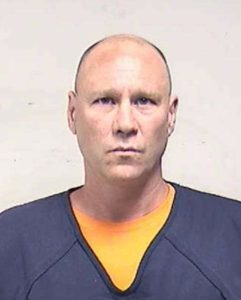



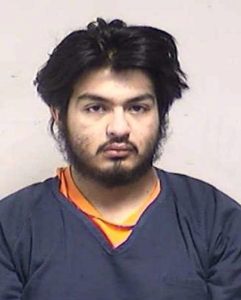


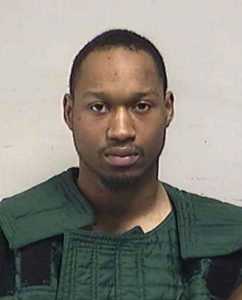
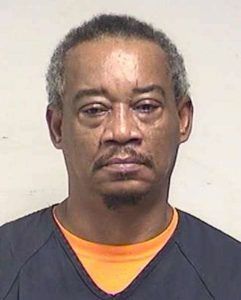
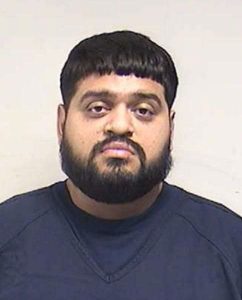

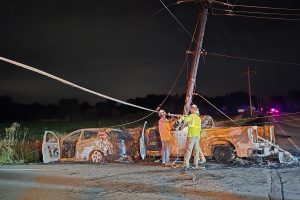

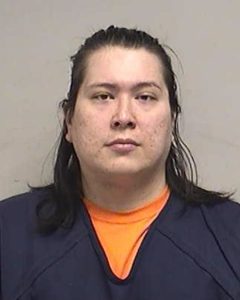



3 Responses
The media and democrats are trying to make him guilty by media. Which in theory is working. Facts and evidence won’t matter. This case will strictly be media and political based. City don’t want more riots and media wants attention. He defended himself, but he’s already guilty by the media, there’s a reason Kenosha news and others ran the gaige suing the city so close to the trial, and so many times, hours apart. There’s an agenda and it isn’t fair.
The Kenosha county Prosecutor a BLM lap dog and full time socalist has missteped this from the start. Myself a firearms instructor certified by NRA and USCCA Rittenhouse hit every justification of self defense according to Wisconsin law. Rittenhouse should have never been charged . Much like the Antifa and BLM people who burned down our city.
I honestly don’t think any of the expert witnesses or etc. matters. It’s all posturing. Every person picked for this jury will know the story already from media accounts, etc.
He isn’t going to be found guilty and that’s pretty much a guarantee.